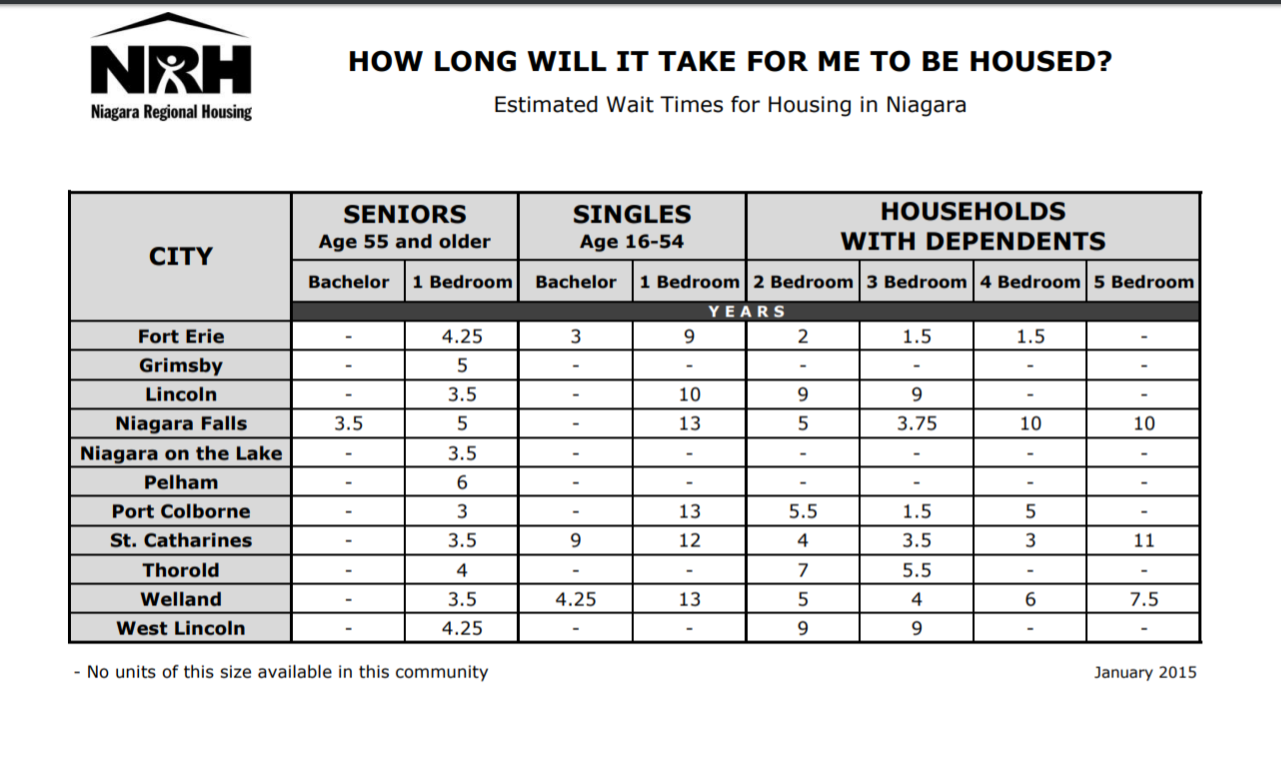
Part 2: Mother Mary Revolutionary - By Rosilee Sherwood
Part 3: We are Saved by the Work of Christ’s Grandmothers - By Caleb Ratzlaff
Despite all of this, the book of Ruth reminds us that, like Naomi, Boaz, and ultimately Israel, we too should seek redemption in the resilience of those who reside on the outskirts of our community. These outsiders offer us redemption, the opportunity for justice, and an insight into our own sin.
As outcast and foreigner, Ruth unexpectedly plays the role of savior. Ruth’s relationship with Naomi is one example. For little or no personal gain, Ruth helps Naomi survive her trial in Moab and then continues to help her as she settles again in Israel. despite being an outsider with no social connections, Ruth takes initiative, gleaning from the fields to provide for herself and Naomi. Further, at Naomi’s request and at great risk to herself, Ruth allures Boaz and secures his loyalty. By successfully gaining Boaz’s affection, Ruth saves the family — the family to which Christ is ultimately born.
The mention of Tamar at the end of the book of Ruth further emphasizes the salvific power of outsiders. Like Ruth, Tamar was an outcast who, two generations before Ruth’s story takes place, played a pivotal role in the line of Christ through her pursuit of justice. Interestingly enough, both Boaz’s present existence and his future hope are made possible because of the courage of three female refugees: Tamar, Rahab, and Ruth.
For us, the audience (or at least those in the audience who consider themselves “in”), the message is clear; not only do we have nothing to fear from social outcasts, but when they love us insiders despite our disdain, justice becomes a possibility. Ruth brings about justice by caring for Naomi, and by convincing Boaz to provide for both widows when others refused.
The power of outsiders persists to this day. The life of a well-known man in my local community, a man who many would regard as an outcast, tells the same story. Although prone to schizophrenic outbursts, he made many friends during his time on the street, but last month succumbed to his struggles, dying of pneumonia.
Many of us hoped his death would shed light on the issue of poverty and affordable housing in St Catharines. Like Ruth and Tamar, our friend resisted unjust situations, such as the mental health system of the 1960s (which administered repeated treatments of electric shock therapy), as well as more recently a community with a decade-long waitlist for affordable housing..
We could say that these stories of outcasts shed light on the “issues” of the day, but this downplays a grim reality. It is more accurate that these stories reveal the sin and injustice upheld by the privileged and comfortable majority — the insiders. Ruth’s determination to see Naomi cared for highlights the sins of those in her own community who refused to take her in. Today, rising real estate prices are great for homeowners like myself, but not so great for people who rent. How should I respond to the fact that insofar as I passively profit off my real estate ventures this return on investment comes at someone else’s expense?
In the same way, our friend’s death doesn’t just shed light on an “issue”, it reveals our sin, our apathy, and our collective inability to deal with the housing crisis in spite of the surplus wealth created by real estate. There’s still hope. Our friend didn’t want to be homeless, he resisted, with rage at times, the things that kept him on the street. If we want to be saved from the wrath of our sins we need to follow our friend’s lead, and begin dismantling abusive “social” structures. But be warned, such discipleship will require a material sacrifice, discomfort, and the power of outcasts.
Caleb Ratzlaff attends Westview Christian Fellowship in St. Catharines Ontario. He spends the majority of each day raising two toddlers. And when he’s not chasing his boys around the neighbourhood, he might be blogging at calebratzlaff.wordpress.com.

 RSS Feed
RSS Feed

